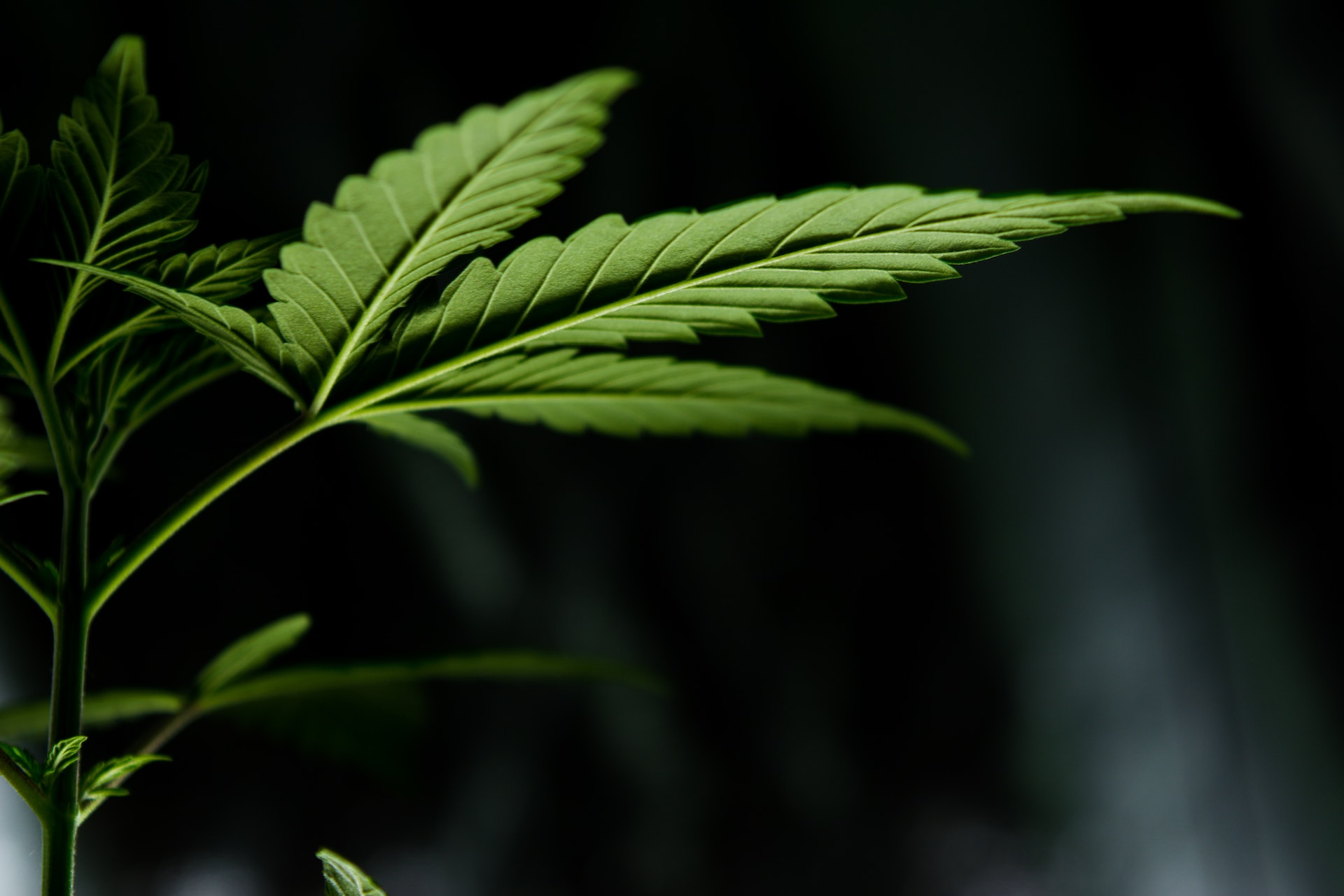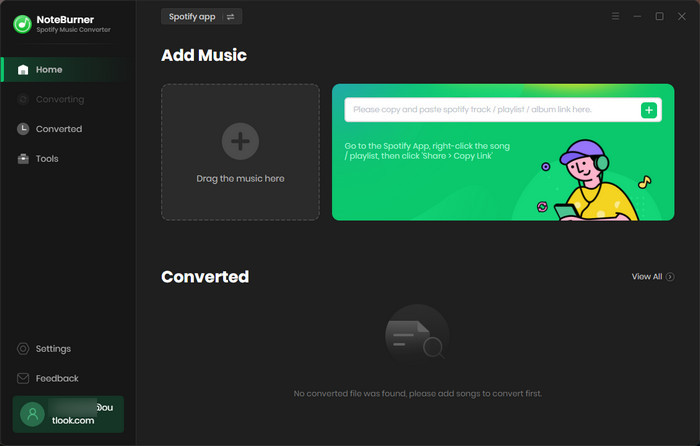Cannabis, also known as marijuana or weed, has gained increasing attention in recent years for its potential effects on women’s health. As societal perceptions of cannabis continue to evolve, it is essential to examine the relationship between cannabis use and various aspects of women’s well-being. In this straightforward guide, we explore how cannabis can impact women’s health, covering topics such as menstrual pain relief, pregnancy considerations, mental health, and more.
Cannabis for Menstrual Pain Relief
Many women experience menstrual pain and discomfort during their monthly periods. Some have turned to cannabis as a potential remedy. Here’s what you need to know:
1. CBD for Pain Relief:
- Cannabidiol (CBD), a non-psychoactive component of cannabis, has anti-inflammatory and pain-relieving properties.
- Some women find relief from menstrual cramps by using CBD products, such as oils, creams, or edibles.
2. THC for Pain Management:
- Tetrahydrocannabinol (THC), the psychoactive compound in cannabis, may also help alleviate pain, but it can induce euphoria and alter perception.
- Women seeking pain management should consider the THC/CBD ratio that suits their needs and tolerances.
Cannabis and Pregnancy: What You Should Know
Pregnant women must exercise caution when it comes to cannabis use due to potential risks. Here’s an overview of the key considerations:
1. Fetal Development:
- Cannabis use during pregnancy may be linked to adverse effects on fetal development, including low birth weight and preterm birth.
- It is advisable for pregnant women to avoid cannabis to ensure the health of both the mother and the developing fetus.
2. Breastfeeding:
- THC can be passed into breast milk and affect an infant’s development and behavior.
- Breastfeeding mothers are encouraged to abstain from cannabis to protect their babies.
Mental Health and Cannabis Use in Women
Mental health is a crucial aspect of women’s well-being, and cannabis can have complex effects on mental health. Here are some insights:
1. Anxiety and Depression:
- Cannabis may temporarily alleviate symptoms of anxiety and depression for some women.
- However, excessive or prolonged use can lead to exacerbation of these conditions.
2. Postpartum Depression:
- Postpartum depression is a significant concern for many new mothers.
- While some women may use cannabis to cope with postpartum depression, it is crucial to consult a healthcare professional for appropriate treatment options.
3. Psychosis Risk:
- Cannabis use, particularly with high THC content, may increase the risk of psychosis, which can affect women differently than men.
- Women with a family history of psychosis should be cautious when using cannabis.
Cannabis and Women’s Sexual Health
Cannabis has been linked to potential benefits in women’s sexual health. Here are some aspects to consider:
1. Increased Libido:
- Some women report heightened sexual desire and arousal after cannabis consumption.
- CBD-rich products, in particular, are believed to have a positive impact on sexual experiences.
2. Pain Reduction:
- Cannabis, especially CBD, may help alleviate sexual pain conditions like dyspareunia or vaginismus.
- Consultation with a healthcare provider is essential for tailored treatment.
Cannabis and Hormonal Changes
Women’s hormones fluctuate throughout their lives, and cannabis can interact with these changes. Here’s what to know:
1. Menopause Symptoms:
- Cannabis may offer relief from menopause symptoms like hot flashes, insomnia, and mood swings.
- Experimentation with different strains and products can help determine what works best.
2. Hormonal Birth Control:
- Some research suggests that cannabis may interact with hormonal birth control methods.
- Women using birth control pills should consult their healthcare providers to understand potential interactions.
Safe and Responsible Cannabis Use for Women
When considering cannabis use, women should prioritize safety and responsibility. Here are some guidelines:
1. Consultation with Healthcare Providers:
- Before using cannabis for any health-related purpose, consult a healthcare provider who is knowledgeable about cannabis and its potential effects.
2. Dosage and Strain Selection:
- Start with low doses, especially if you are new to cannabis.
- Experiment with different strains and products to find what suits your needs and preferences.
3. Avoiding Dependence:
- Be mindful of the potential for cannabis dependence or misuse.
- If you find yourself using cannabis excessively, seek support and guidance.
4. Legal Considerations:
- Familiarize yourself with the legal regulations surrounding cannabis in your region.
- Comply with local laws and regulations when using or cultivating cannabis.
Conclusion
Cannabis’s impact on women’s health is a multifaceted topic, with potential benefits and risks to consider. Whether it’s managing menstrual pain, addressing mental health concerns, or exploring its effects on sexual health, women should approach cannabis use with caution and informed decision-making. Consulting healthcare professionals and adhering to responsible use practices are essential steps in ensuring that cannabis serves as a potential tool for enhancing women’s well-being while minimizing potential risks. As research on cannabis and women’s health continues to evolve, staying informed and making choices that prioritize overall health and safety is paramount.




